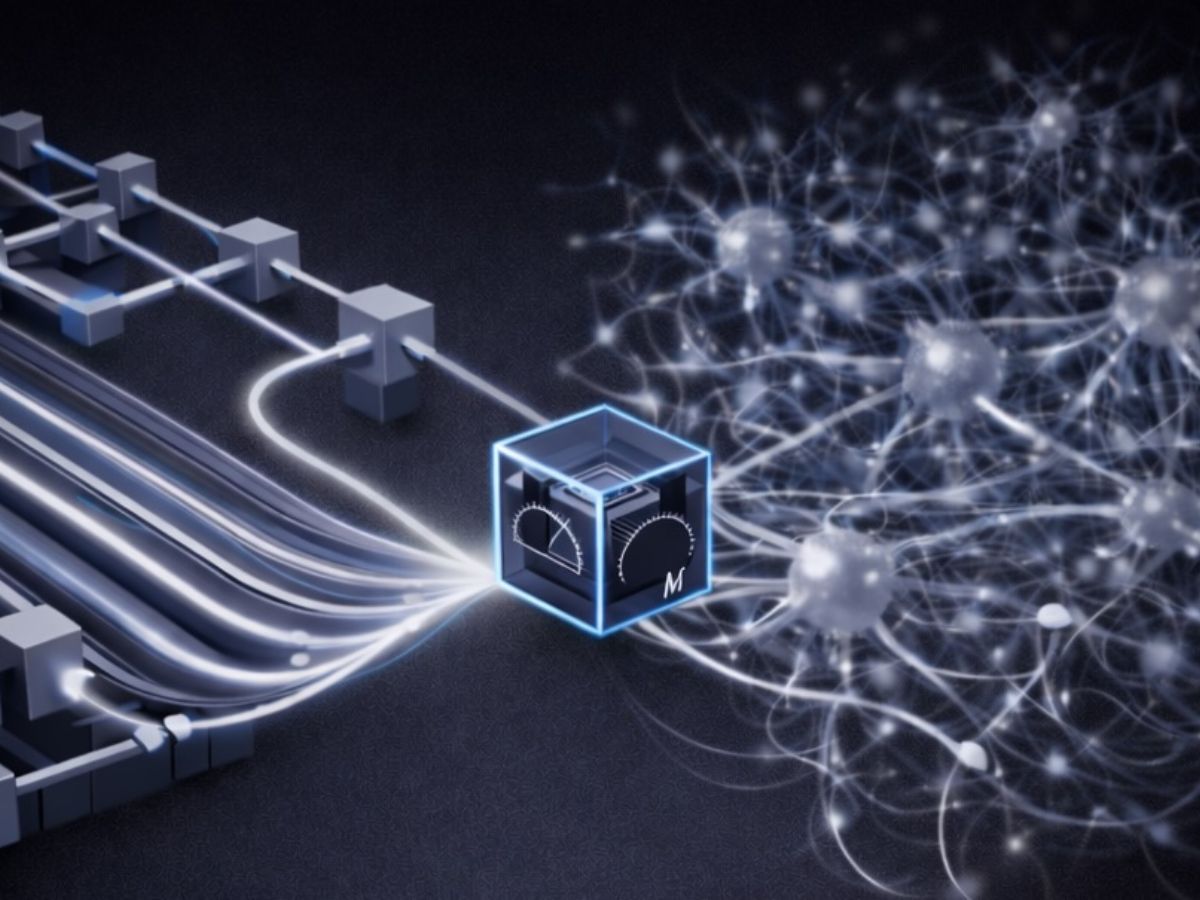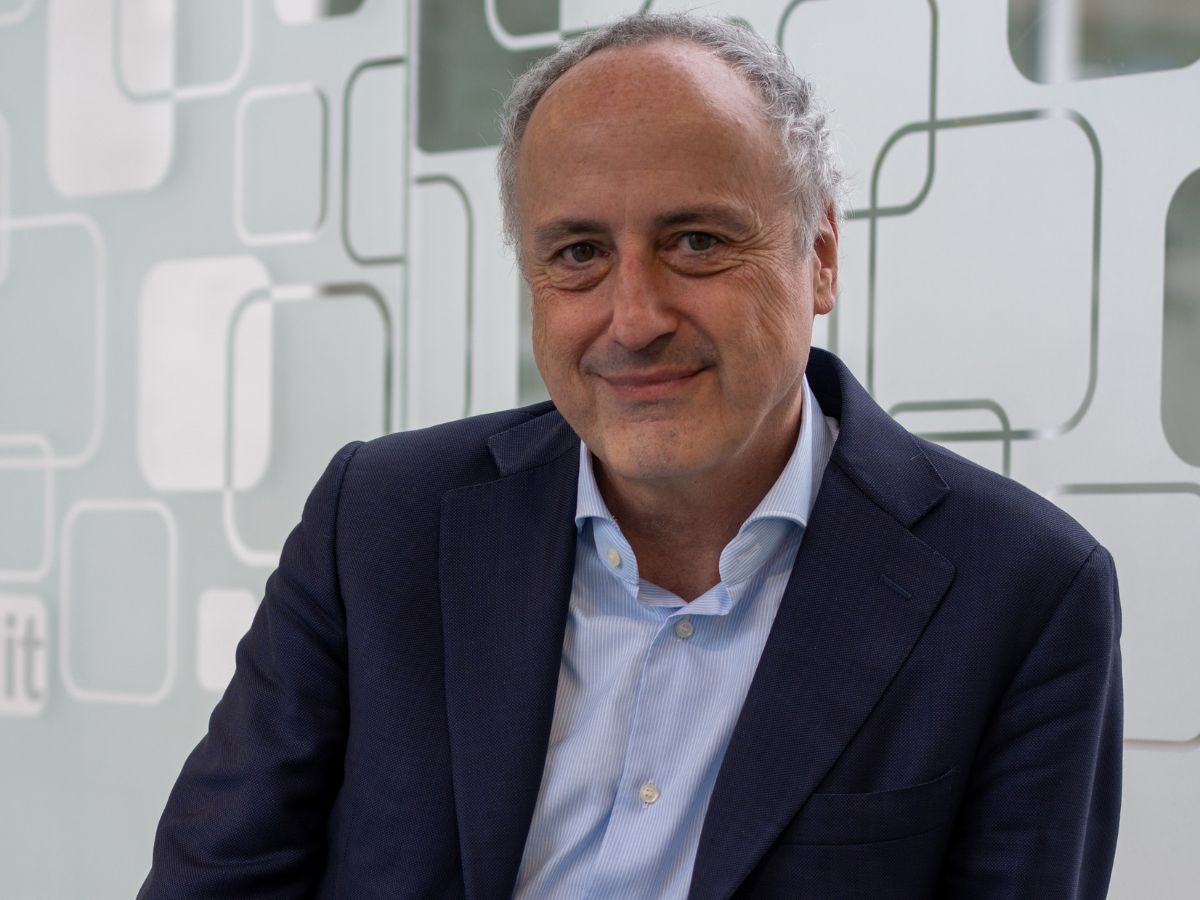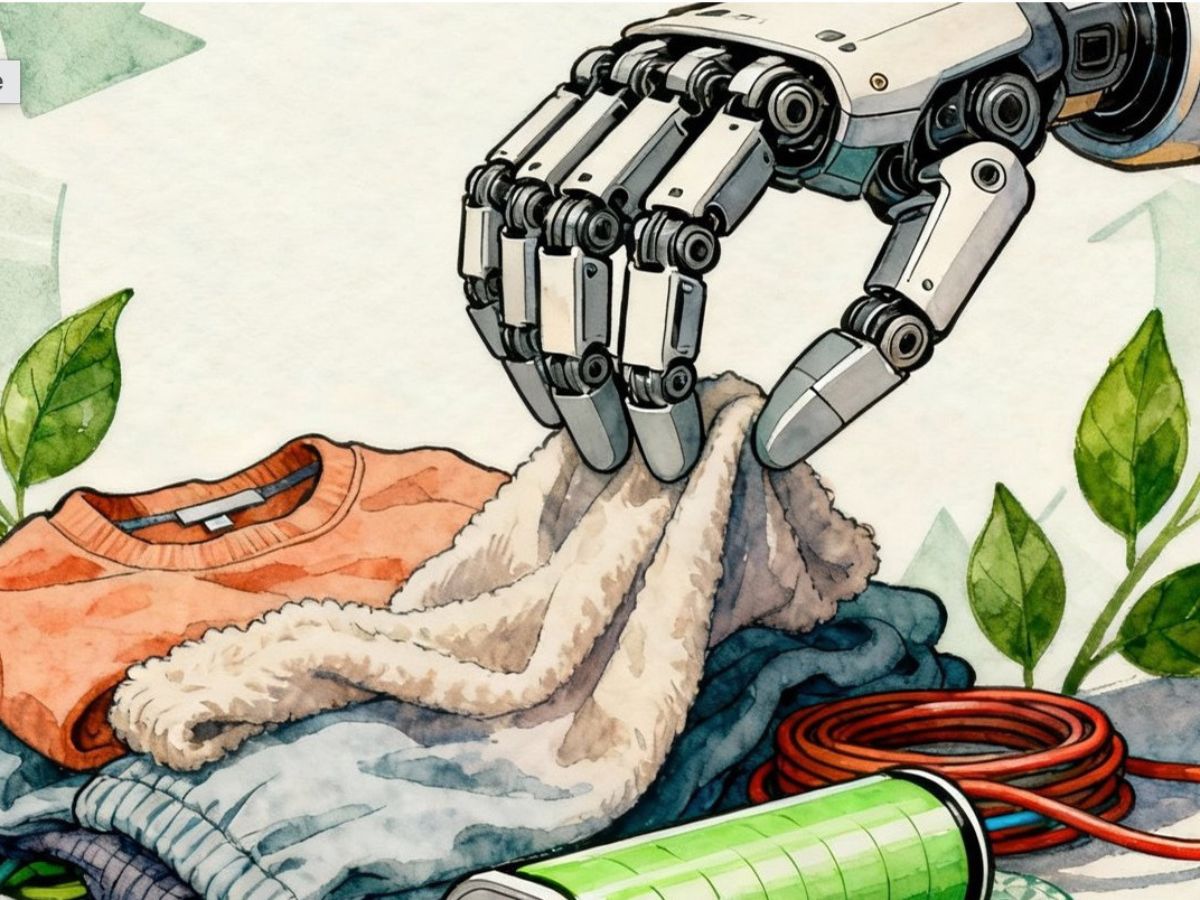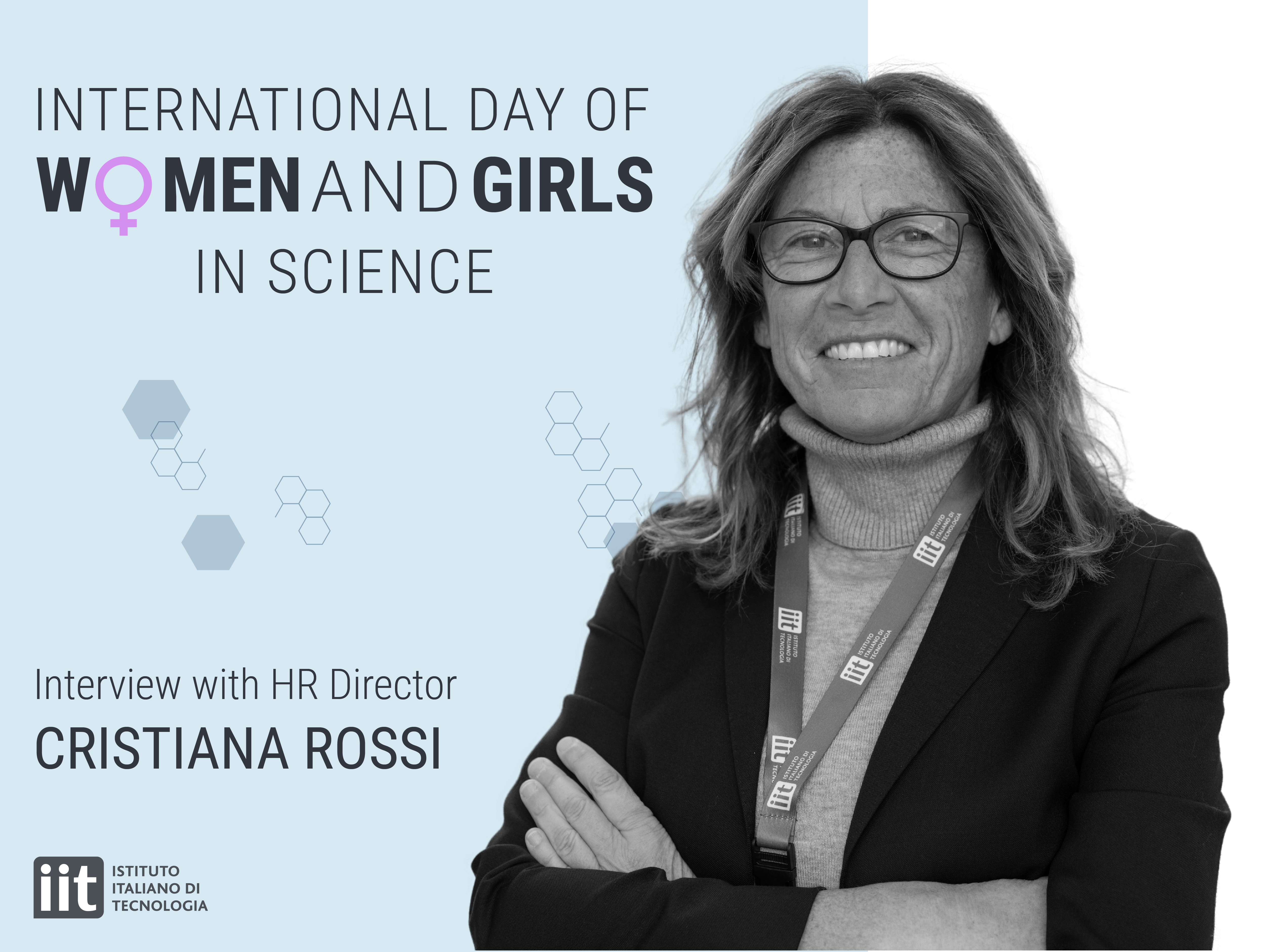From the land of their “cugini”, or cousins, the dreams of discovery and adventures of a female engineer
‘I would like to be able to help with my ideas, to change the way we live to achieve a more equitable and dignified world for everyone.’ This is the dream of Maria Elena, a computer engineer who now is working at IIT on a PhD programme, under the guidance of Alessandra Sciutti and Francesco Rea.
She graduated in Computer Engineering from UAM – the Autonomous University of Madrid These studies allowed her to reflect both on what she loved to do in life and how she really wanted to live it. On the one hand Artificial Intelligence, the aspect of Computer Science that had really fascinated her; on the other, travel and travel not only to acquire academic notions but also to learn from cultures other than hers and to discover how people interact with one another.
‘I’ve always been a very curious person, who has worked hard to see things through to conclusion’, Maria tells me. For this reason, after completing her degree, she took a Masters in Artificial Intelligence in England, at the University of Essex, Colchester Campus. The “social” implication of robots and the love for Artificial Intelligence studies have her so much that she has chosen her current PhD programme at the IIT. She works on the iCub humanoid platform, in the” COgNiTive Architecture for Collaborative Technologies” group, and the ultimate goal of the project is to teach the iCub robot to “interact in a social way”. That is to say, on the basis of interaction between human beings, able not only to pay attention to the verbal content during a conversation but also to the non-verbal details that occur constantly (tone of voice, facial expressions, body language, etc. etc.), focusing on the non-verbal content of the interaction and trying to understand what is most relevant and emotionally important during “social interactions”. They have divided the non-verbal emotional content – also called “comfortability” – into a one-dimensional scale that defines their extent, from extremely uncomfortable to extremely comfortable, indicating with these values which ones are going to compromise the interlocutor’s own desire to remain in the conversation or to abandon it. The aim of the project is therefore to try to understand how these non-verbal features work, what reactions they bring about, and to study whether robots are capable of causing them like humans or in a different way. The results of the initial experiments are very promising to design experiments that see iCub involved in “tense” conversations to be able to teach it the various levels of comfort of the people with whom it interacts, thus creating a database and understanding if one day the robot will be able to adapt its behaviour to this state of comfort of the people it is with.
Maria Elena, what do you like most about this job?
If this project went ahead, we would be able to integrate humanoid robots into our everyday lives, avoiding them causing discomfort in their interaction with humans. Apart from the fact that I love doing research! You have good flexibility at work, you have time to read and experiment, and receive help from more experienced or expert researchers. Doing research gives you the opportunity to pursue ideas that could change the world, and this is a huge prospect.
With the same enthusiasm, typical of what is said about the Spanish, Maria Elena speaks of the Italian cities she is fond of and the Italian food she likes. ‘Focaccia is great! I have travelled to the north and south of the country and I must say that it is truly beautiful. Many cities have impressed me, including Florence for the numerous art galleries, museums and memorials dedicated to Leonardo Da Vinci, but also Venice for its singular streets surrounded by canals and its wonderful handmade masks, or the wonderful charm of the Cinque Terre, of the natural pathways overlooking the sea and its colourful houses. Although I wasn’t particularly keen on Milan, I can say that I love everything about Italy, except for the people who don’t like pineapple on pizza (which is really good!!)!
And then Genoa, of course. I love it. I have been living here for almost two years now and I must say that since the first week I have always felt at home. I am Spanish, and even if I don’t speak Italian and the two languages are different, I can still communicate very easily with the Italians and even better with the Genoese – their dialect seems even closer to my language! The fruit and vegetable shops are amazing, and the vendors really seem to care about you here! I love Boccadasse, the port, the alleys, and the characteristic mountains close to the sea.
I won’t lie, I find the transport bad; it would be better if the connections between the various parts of the city were better… a hypothetical journey of 15 minutes by car can take over an hour and a half by public transport!’
Do you want to tell me something more about how it’s going at the IIT?
I like the feeling of everyone being equal because research is carried out in a very “fair” way. They trust the youngest and make sure that you can make progress with your projects.
Before we leave you, can I just jump back a bit?
Can you tell me about any memories you have of Torrelaguna and an expression that you want to share from your language?
Transport is also a disaster in Torrelaguna, where I was born, and this makes it special. Perhaps because it isn’t easy to get to the major Spanish cities, I spent my childhood playing in the street and in the middle of nature with my peers.
“Nunca es tarde si la dicha es buena”, better late than never.
Everyone has their own pace and their own ways to achieve their dreams.
Good luck with everything, Maria Elena, and thank you!






